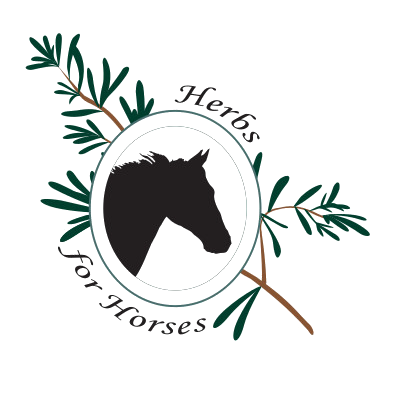Translating Modern Research: implications for horse health
This is the first in a new Herbs for Horses blog series “Translating Modern Research: implications for horse health”. Each week we will be posting results of a recent scientific research paper, and helping horse owners understand what the science could mean for those of us caring for horses.
Borenstein, R., Hanson, B.A., Markosyan, R.M. et al. Ginkgolic acid inhibits fusion of enveloped viruses. Sci Rep 10, 4746 (2020). https://doi.org/10.1038/s41598-020-61700-0.
This study reports significant anti-viral effects of acids isolated from leaves and fruits of the Ginkgo biloba tree. Ginkgo is native to China and is one of the oldest species of plants still living on our planet. The tree can grow as tall as 130 feet and can live for over 1,000 years under the right conditions. It has been used as a medicinal substance since at least the 16th century, primarily as a compound which improves eye-sight, memory and cognitive function1. In the Borenstein study, acids from Ginkgo showed strong inhibitory effects on important human viruses including Herpes virus (HV-1 and HV-2), human cytomegalovirus (HCMV), Zika virus, human immunodeficiency virus (HIV), Ebola virus (EBOV), influenza virus (IAV) and Epstein Barr virus (EBV). The authors describe the main effect of Ginkgo acids as preventing the initial fusion event, in which viruses bind to a host cell prior to injecting their genetic material and forcing the cell to make more copies of the virus. This would essentially protect host cells from viral entry, thus preventing viral infection. Interestingly, the authors report that ginkgo acids are also effective at treating infections already in progress by interfering with viral-directed protein and DNA synthesis.
What does this mean for our horses? While, to our knowledge, there are no research studies evaluating effects of Ginkgo in horses, the antiviral activity of these ginkgo-based compounds suggest a possible role for Ginkgo in supporting vaccination protocols in the fight against common equine viral diseases including equine influenza, equine herpes virus and equine infectious anemia. And who knows, maybe there will be the added perk that your horse will be better able to remember his dressage lessons!
- Yang G, Wang Y, Sun J, Zhang K, Liu J. Ginkgo Biloba for Mild Cognitive Impairment and Alzheimer's Disease: A Systematic Review and Meta-Analysis of Randomized Controlled Trials. Curr Top Med Chem. 2016;16(5):520-8.
